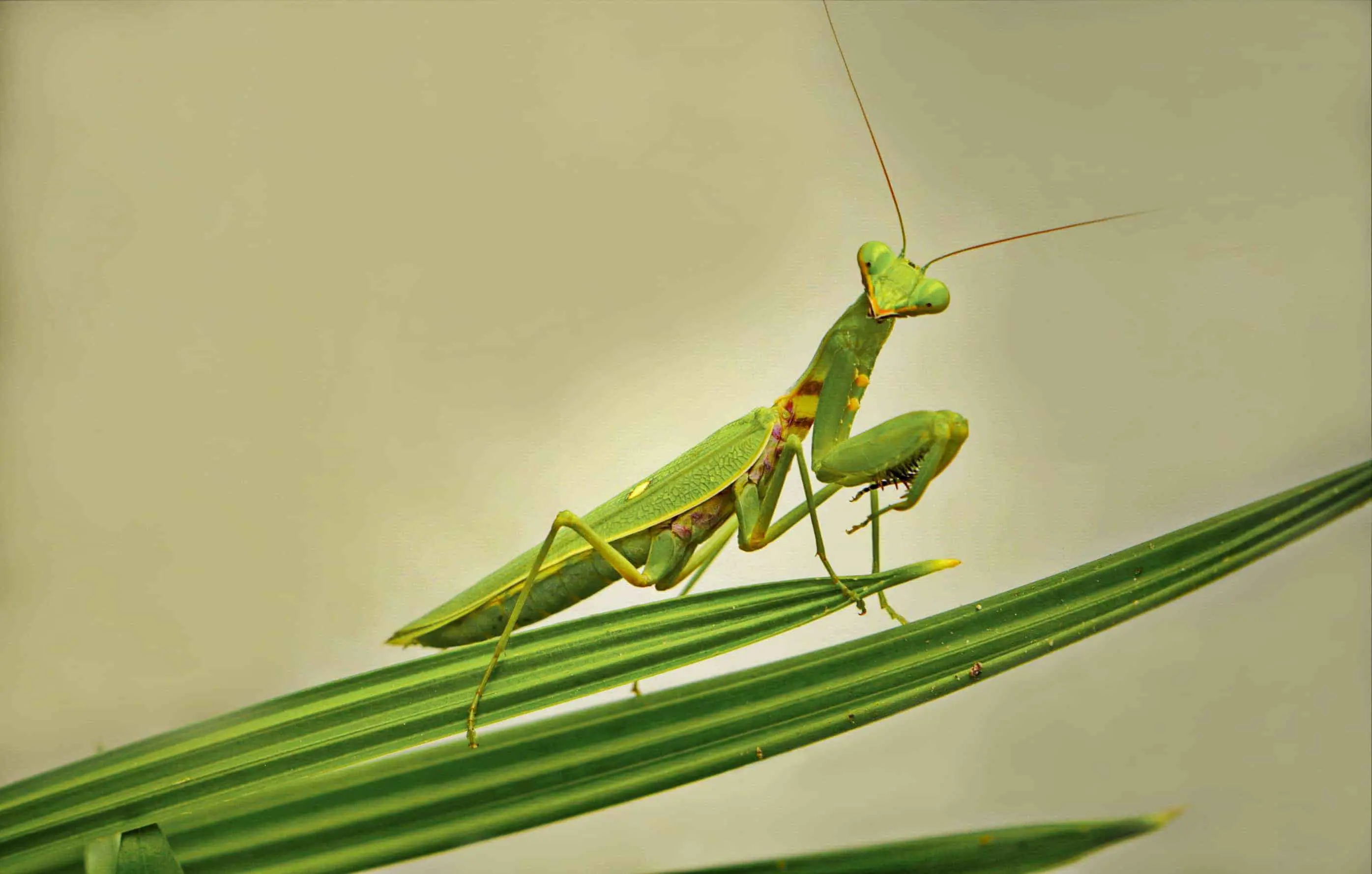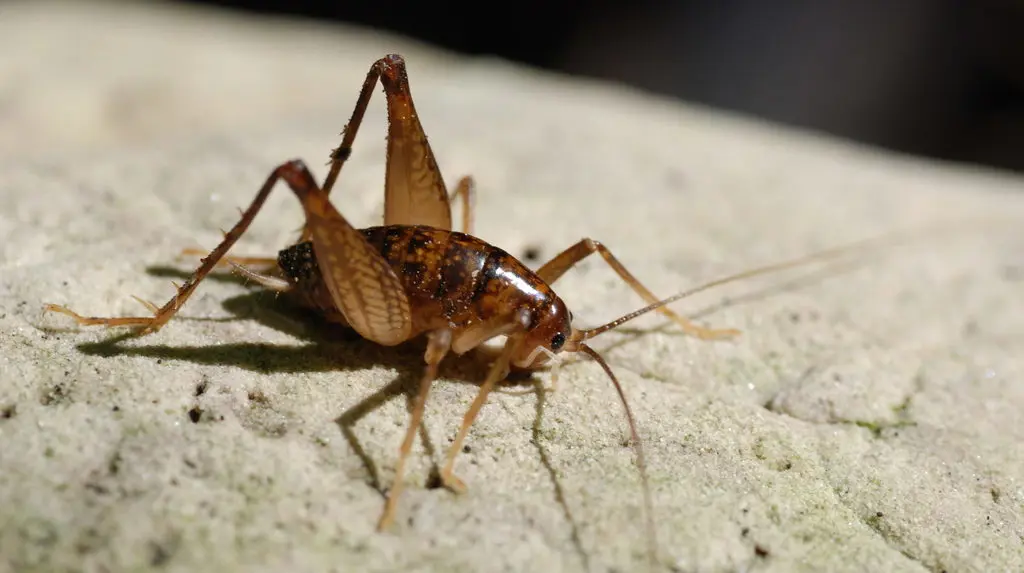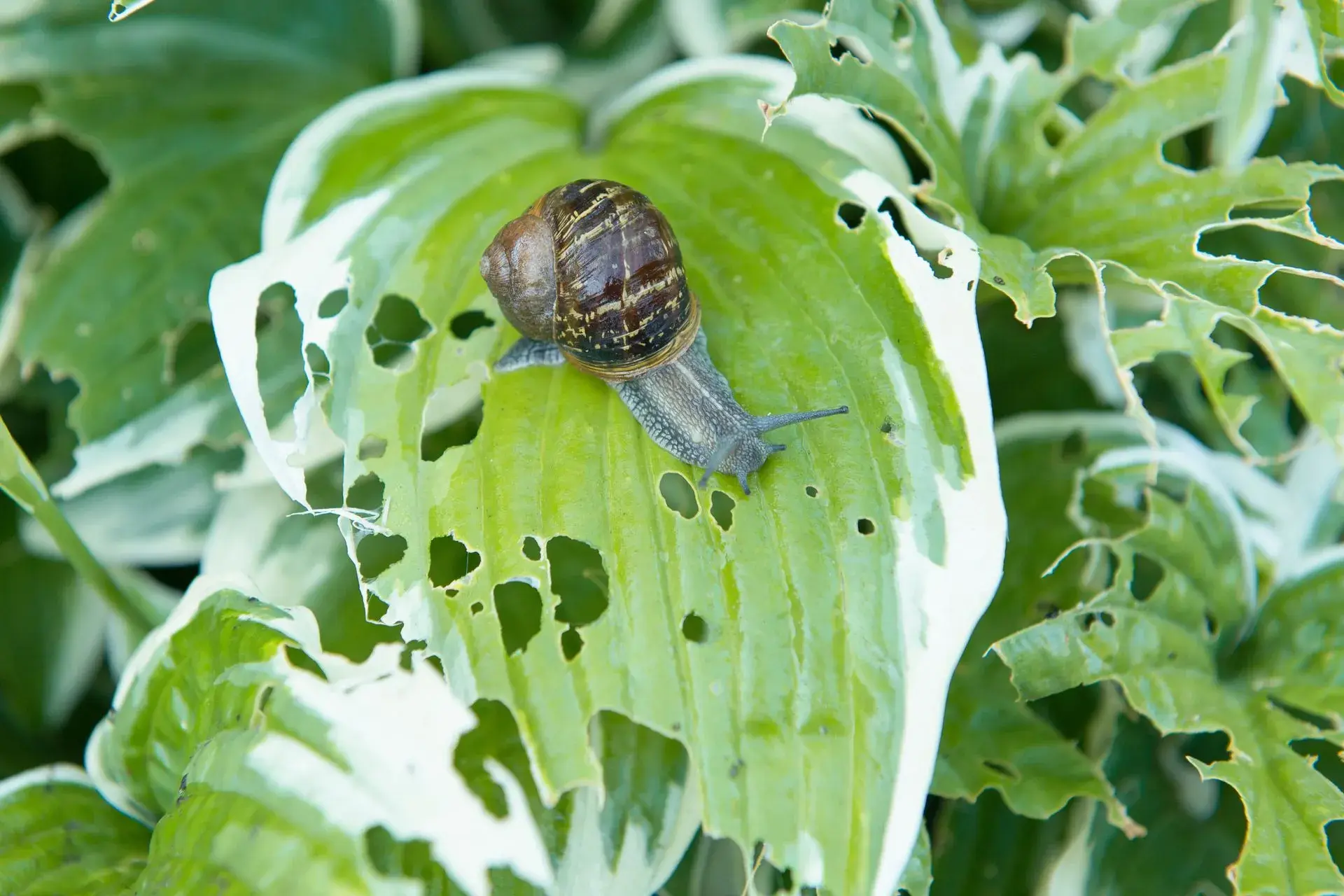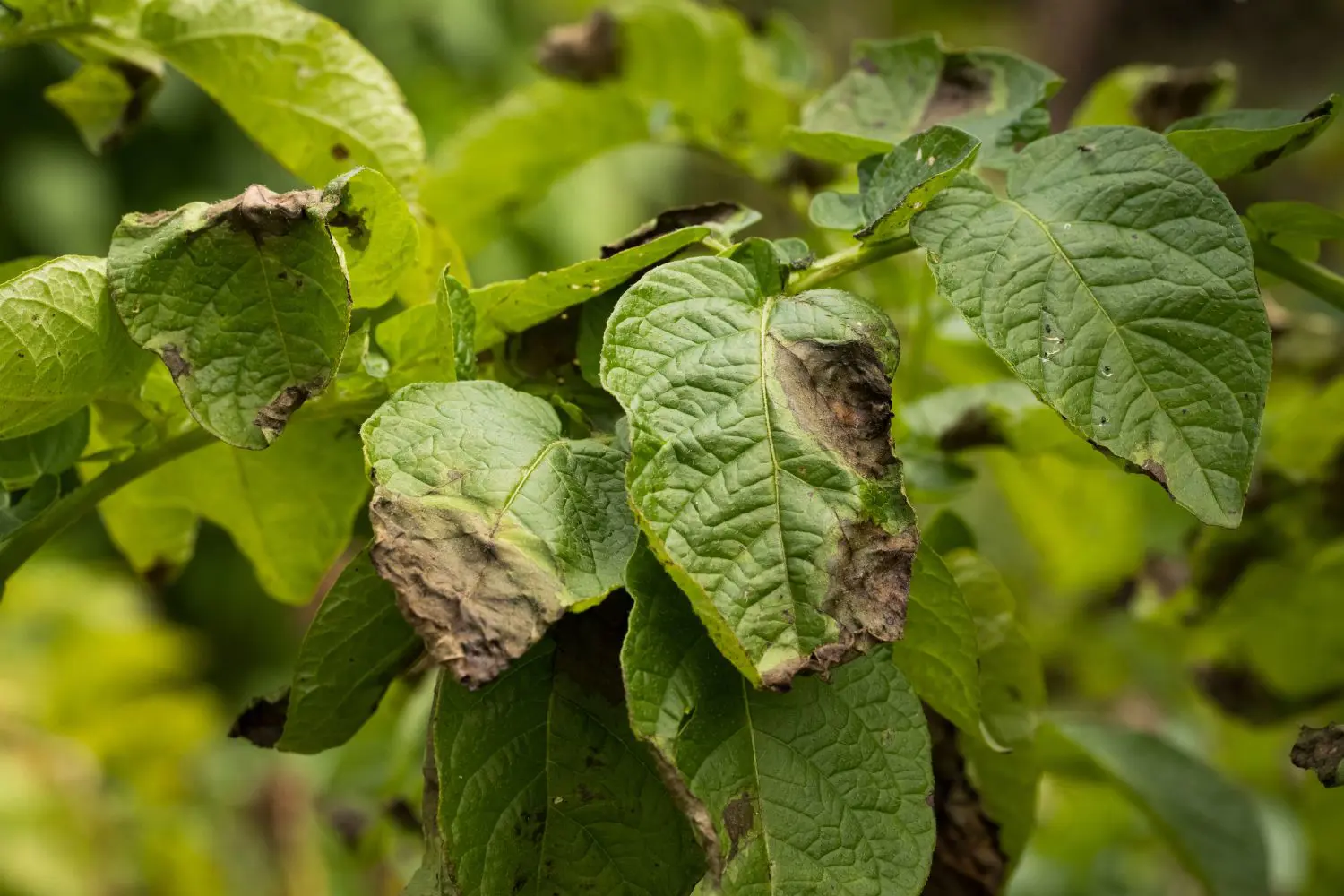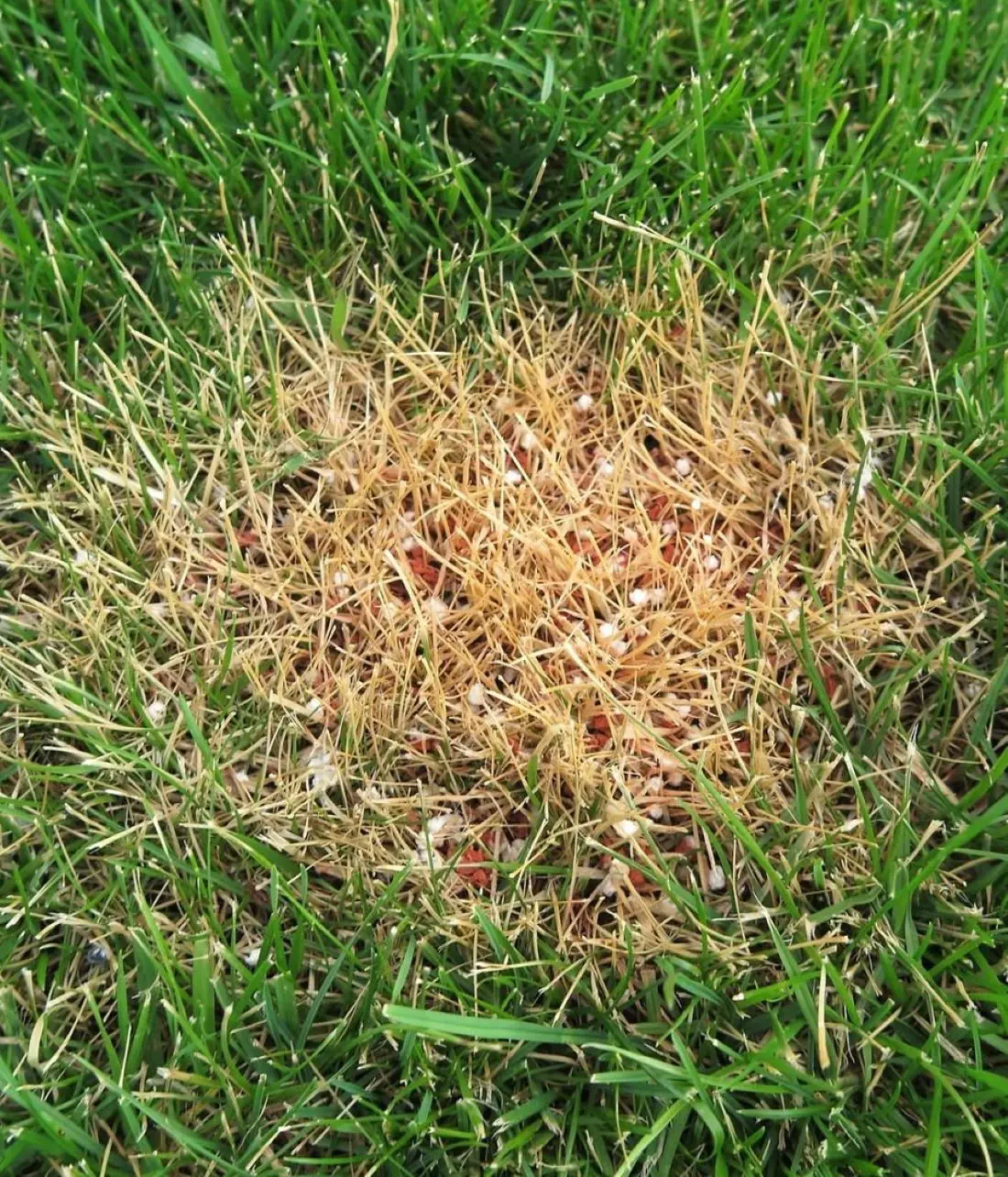How To Get Rid Of Mosquitoes In Yard
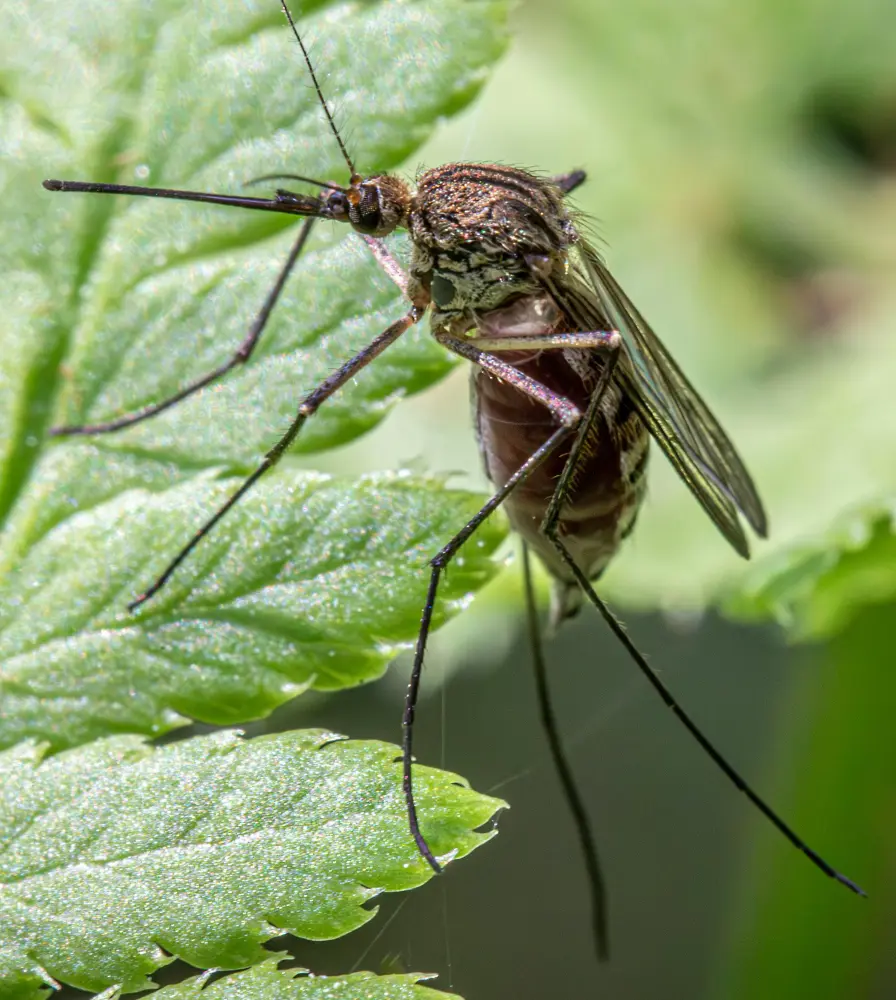
For many, mosquitoes are a real nightmare. You are frustrated by the constant buzzing, itch, and red sores on your skin.
Their itchy bites can turn an evening barbecue into a swatting frenzy but worry not. As you are here, you are looking for ways to repel and permanently remove mosquitoes. We'll provide effective methods to target existing mosquito populations.
1. Eliminate Stagnant Water
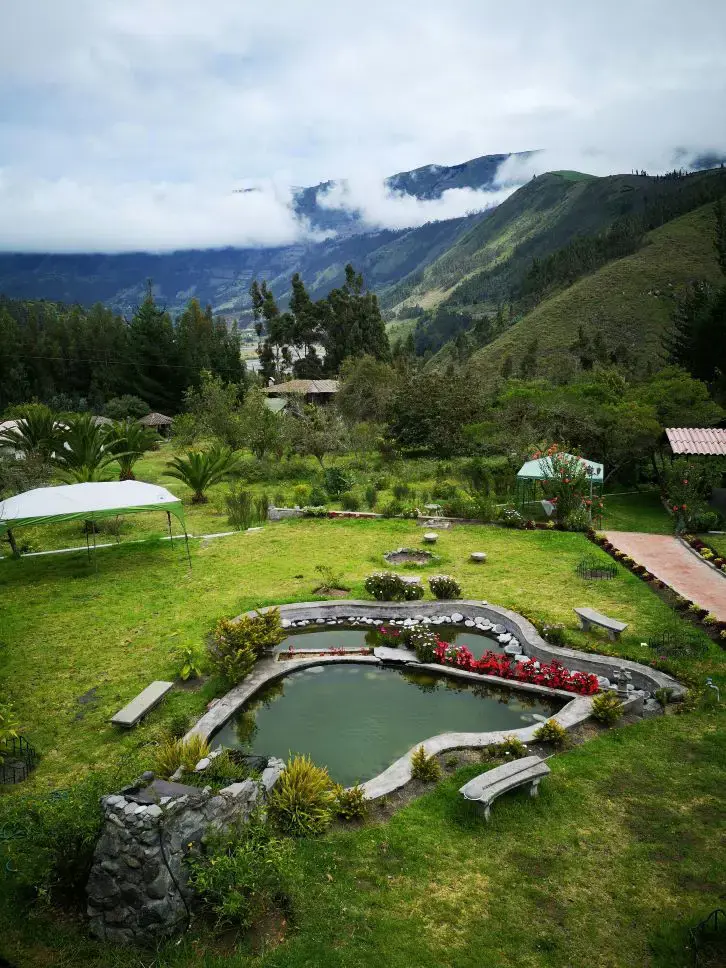
Mosquitoes are all about finding stagnant water to raise their families. First, empty and scrub the places regularly. Take a close look around for any buckets, tires, or random containers that might be collecting water.
Once you spot them, get rid of mosquitoes in the yard entirely or flip them upside down to stop the water from accumulating.
2. Clean Gutters
Clean the gutters to ensure proper drainage and prevent water from becoming a welcoming haven for mosquito larvae. Finally, check your yard for any low-lying areas or puddles and fill them in.
Even a small dip can be a perfect spot for mosquitoes to raise their next generation of itchy attackers.
3. Target the Larvae
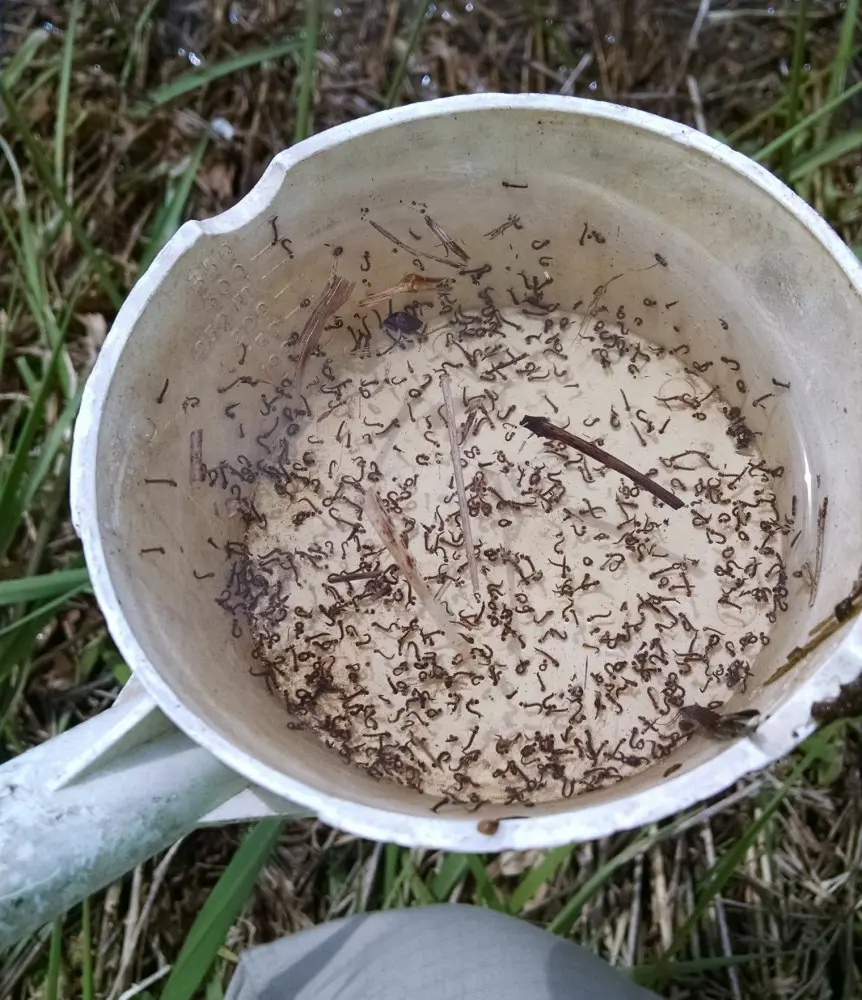
If you have ponds, water features, or even decorative containers that you can't empty, consider using mosquito dunks. These contain bacteria that kill mosquito larvae before they mature into biting adults.
Or introduce gambusia fish, which is also known as mosquito fish. These natural predators can help control mosquito populations in ponds or water features.
4. Consider Traps
Mosquito traps can be an effective way to target adult mosquito populations. You can use light traps that use light to attract mosquitoes, then trap and kill them.
Or, use carbon dioxide traps that mimic human breath by emitting carbon dioxide, a natural mosquito attractant. Once lured in, the mosquitoes get trapped and killed.
5. Block Their Entry
Mosquitoes are tiny trespassers, and even the smallest gap is an open invitation for them. Inspect your window and door screens for any holes or tears and block them.
If you find a dent, patch it up with screen repair kits to create a tight barrier. Next, become a detective and search for any potential entry points around your windows, doors, vents, or pipes.
6. Use Repellents
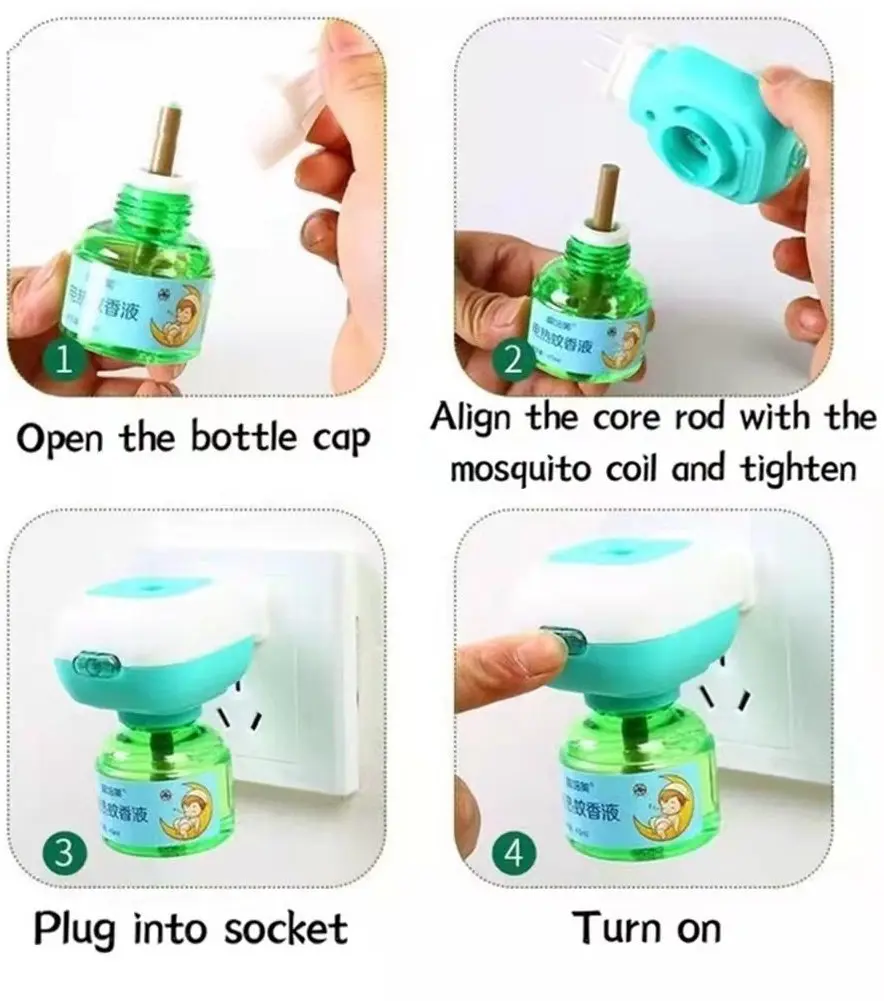
Repellent sprays applied to exposed skin and clothing can effectively repel mosquitoes. Products containing DEET, picaridin, or IR3535 are highly effective.
DEET is considered the gold standard, offering long-lasting protection. Picaridin and IR3535 are effective alternatives with less odor and skin irritation.
7. Use Fans
Setting up fans indoors can be a surprisingly effective way to combat mosquitoes. The moving air disrupts their flight patterns, making it difficult for them to land on you.
8. Introduce Natural Predators
You can encourage predators such as bats, dragonflies, damselflies, and fish. These nocturnal insect-eaters can devour hundreds of mosquitoes in a single night.
Therefore, plant aquatic flowers around ponds or water features to attract these natural predators. These flowering plants can be water lilies, cattails, arrowheads, water horsetails, or bulrushes.
9. Use Mosquito Repellent Plants

Plants like Citronella Grass release a natural mosquito repellent, making it a decorative and functional addition to your patio.
Also, the calming scent of lavender is not only pleasant to humans but also disliked by mosquitoes. Plant some lavender around your seating areas for a fragrant and mosquito-repelling barrier. Other plants include lemon balm and catnip to deter mosquitoes.
10. Diy Spray
You can create your own mosquito repellent spray if you prefer a natural approach. Simply combine essential oils like citronella, lemongrass, or peppermint with water in a spray bottle.
While the exact ratio of water to oil can vary depending on the recipe you choose. Always dilute essential oils properly before applying them to your skin.
11. Introduce Guppies & Goldfish
Goldfish and guppies can effectively control mosquito larvae in ponds or water features. However, they have specific care requirements and may not be suitable for all ponds. Before introducing goldfish, ensure you have a properly sized pond and filtration system.
Incorporating these natural methods into your mosquito control plan, you can create a more eco-friendly and sustainable approach to keeping these pests at bay.
12. Insecticides

Outdoor insecticides, containing active ingredients like pyrethroids (e.g., permethrin or deltamethrin), are effective at killing mosquitoes on contact. These insecticides can be sprayed on shrubs, bushes, and other vegetation where mosquitoes typically rest during the day.
They provide immediate relief by reducing the adult mosquito population in your yard. It's important to follow the manufacturer's instructions to ensure safe and effective application.
13. Larvicides
Larvicides target mosquito larvae before they can mature into biting adults. Products containing Bacillus thuringiensis israelensis (Bti) or methoprene are common choices.
These substances are applied to standing water sources, such as ponds, birdbaths, and rain barrels, where mosquitoes lay their eggs.
14. Residual Sprays
Residual sprays are insecticides that provide long-lasting protection by killing mosquitoes that come into contact with treated surfaces. These sprays can be applied to walls, ceilings, eaves, and other areas where mosquitoes are likely to rest.
Products containing pyrethroids are commonly used for this purpose. The residual effect means that the insecticide remains effective for an extended period, reducing the need for frequent reapplications.
15. Foggers

Foggers disperse insecticide as a fine mist, covering large outdoor areas and killing mosquitoes in flight. Thermal foggers use heat to vaporize the insecticide, while cold foggers use air pressure.
This method provides quick and widespread control of adult mosquitoes, making it useful for events or in areas with high mosquito activity.
16. Permethrin-Treated Clothing
Wearing permethrin-treated clothing offers personal protection against mosquito bites. Permethrin is a synthetic insecticide that repels and kills mosquitoes on contact.
Treated clothing can be purchased pre-treated or treated at home using permethrin spray. This method is particularly useful for outdoor activities such as hiking, camping, or gardening.
17. Mosquito Misting Systems
Automated mosquito misting systems periodically release insecticides into the air, targeting adult mosquitoes. These systems can be installed around yards, patios, or other outdoor spaces.
They typically use pyrethrin or permethrin and can be programmed to spray at optimal times, such as dawn and dusk when mosquitoes are most active.
18. Seek Professional's Help
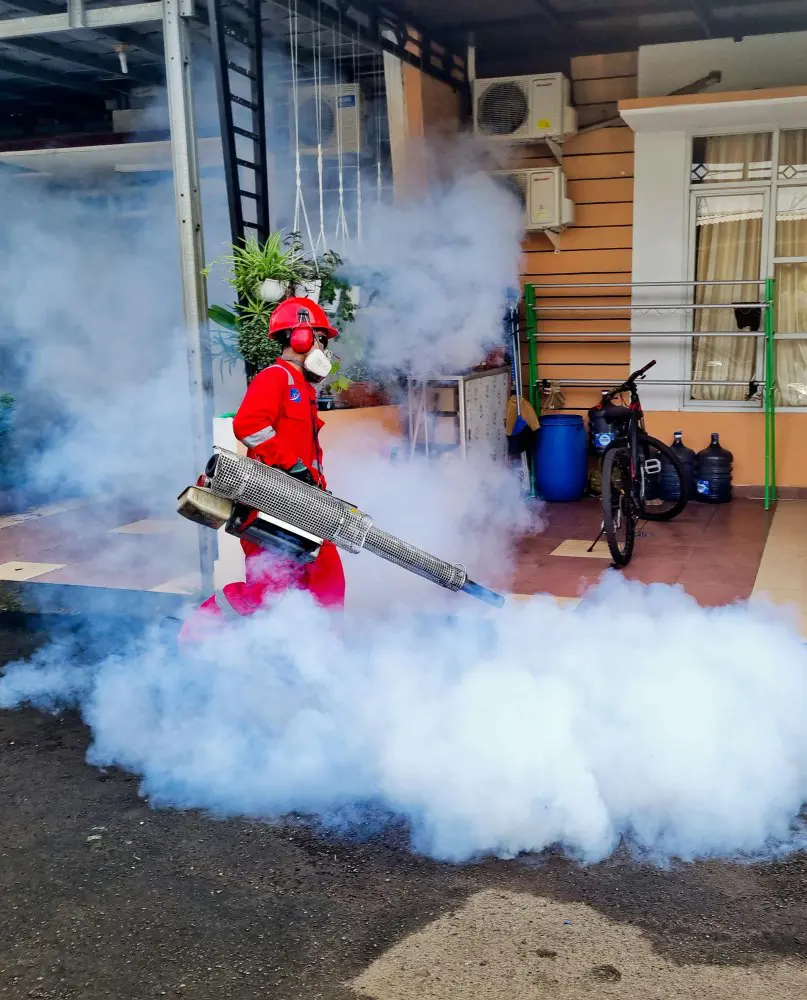
If the mosquito problem persists despite your best efforts, it's time to call in reinforcements. Consider hiring a professional pest control service because they have access to specialized treatments and strategies that can eliminate existing mosquito populations and prevent future infestations.
So, don't suffer through endless swatting because professional help can ensure a long-term solution for a mosquito-free home.
What Are the Signs of a Mosquito Infestation?
If you or your family members are experiencing frequent mosquito bites, especially in the evenings or early mornings when they're most active, it's an indication of a higher mosquito population.
Similarly, if the constant buzzing sound of mosquitoes seems like a recurring theme in your evenings, it suggests there might be a breeding ground nearby.
Spotting adult mosquitoes hovering around your home or resting on surfaces indoors is a clear sign they've found their way in.
Types of Mosquito Repellents
Natural Repellents
• Oil of Lemon Eucalyptus (OLE): Derived from eucalyptus leaves, OLE offers protection similar to low concentrations of DEET. However, be cautious, as pure OLE oil is not recommended and can be toxic. Look for repellents containing PMD (p-menthane-3,8-diol), a synthetic version of OLE.
• Citronella Oil: This plant-based repellent smells pleasant but offers limited protection, typically lasting less than an hour. It might be a good option for short outdoor stints.
• Other Plant-Based Options: Despite limited scientific evidence, some people succeed with repellents containing natural ingredients like citronella, lavender, peppermint, or catnip oil.
Chemical Repellents
• DEET (N,N-Diethyl-meta-toluamide): The most potent and most effective option, DEET provides long-lasting protection (up to several hours) against mosquitoes and ticks. However, it can irritate skin, especially at higher concentrations. Choose a concentration between 10% and 30% for optimal protection and comfort.
• Picaridin: Another effective option, picaridin is gentler on the skin than DEET and offers comparable protection times. It's a good choice for children and people with sensitive skin.
• IR3535: This repellent provides moderate protection against mosquitoes and is a good alternative for those who cannot use DEET or picaridin.



